



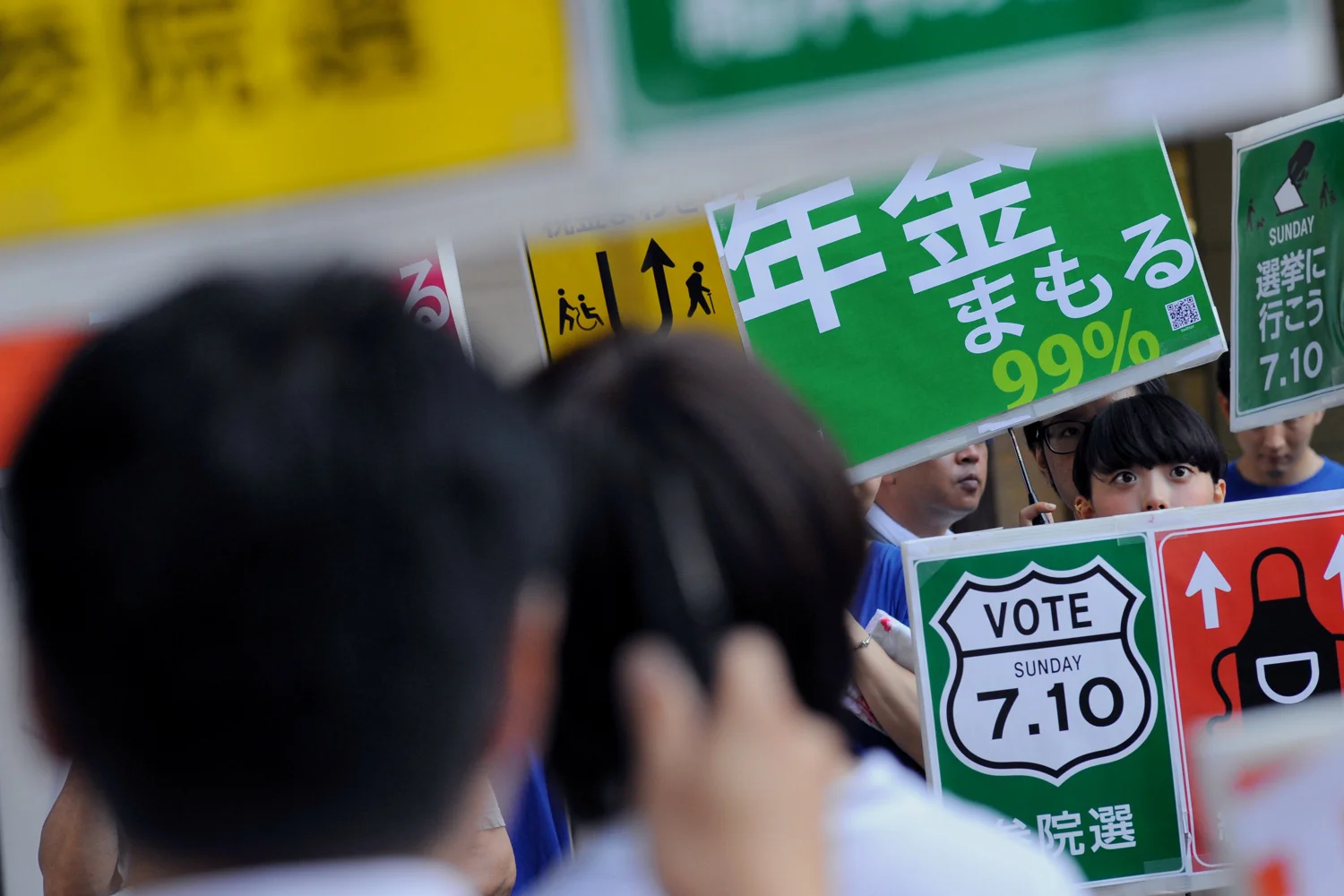
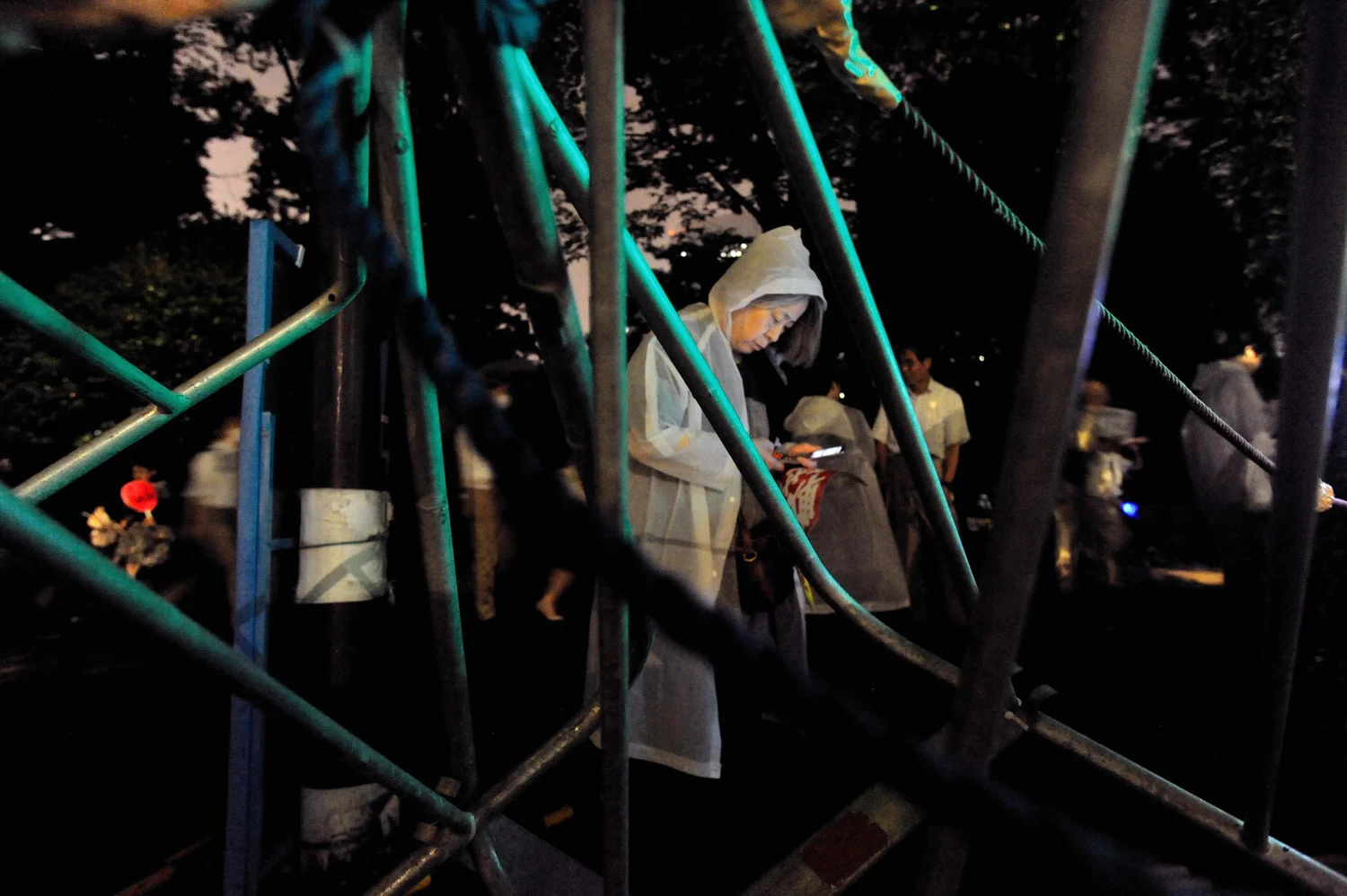
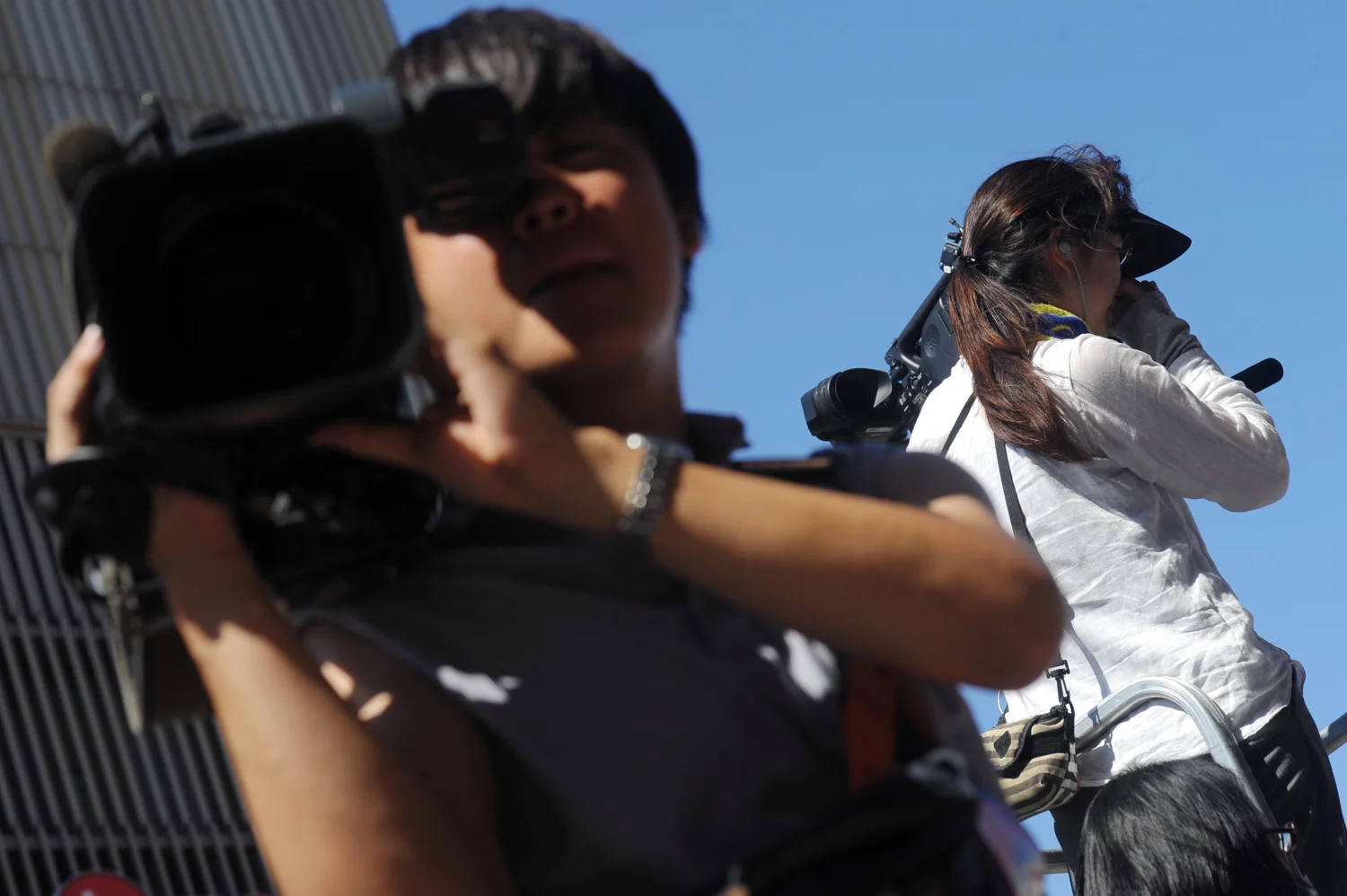
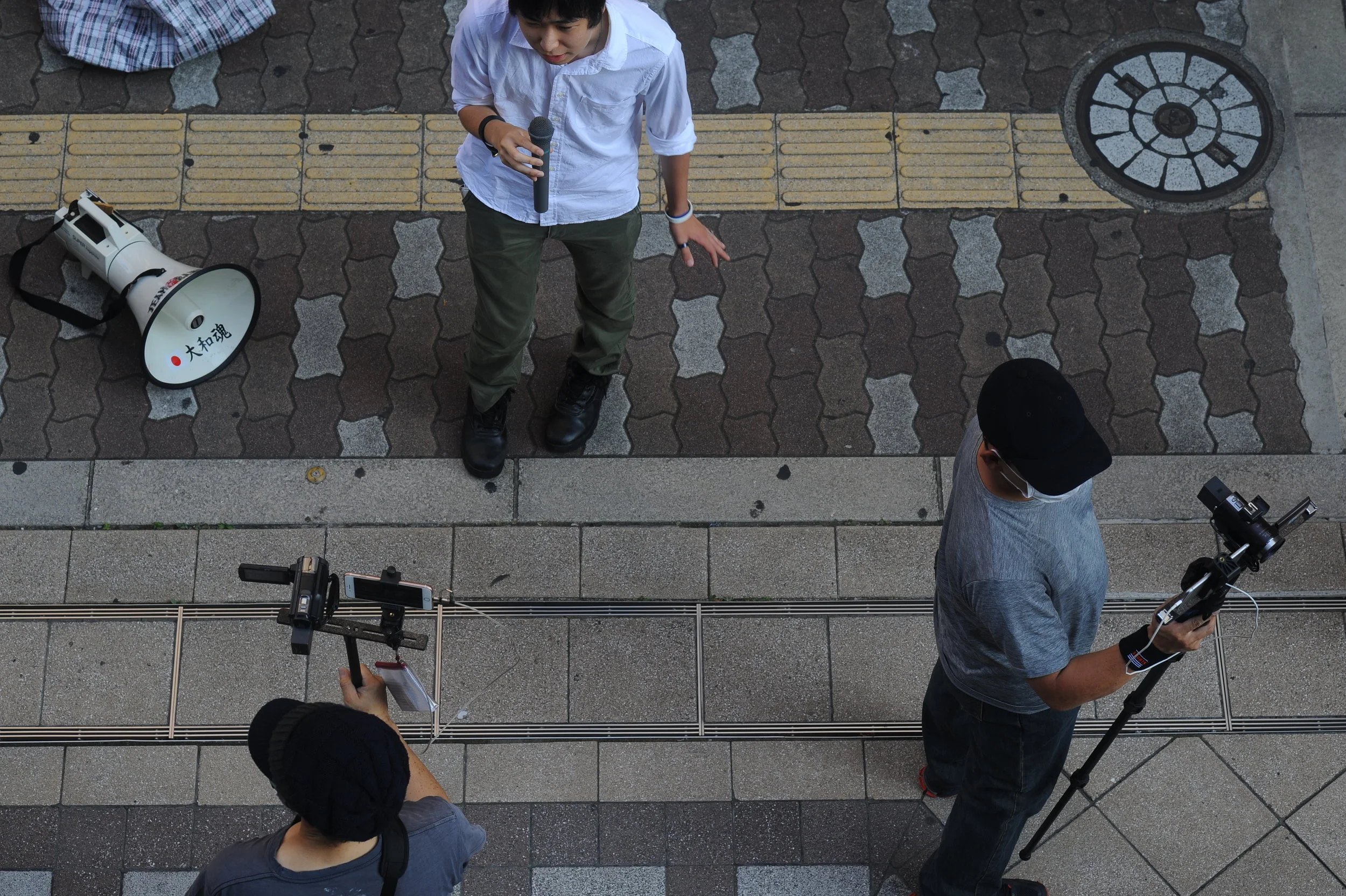
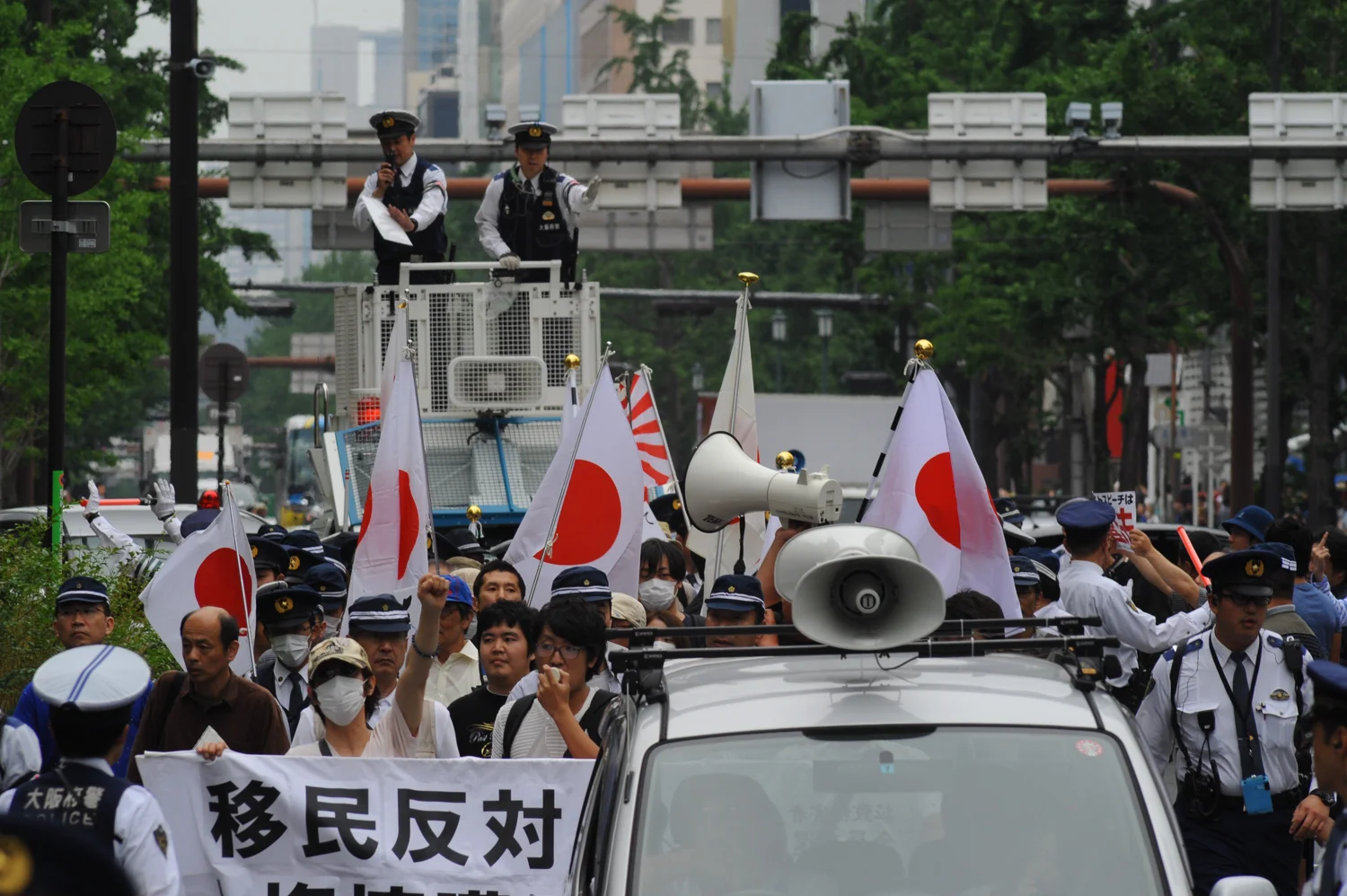


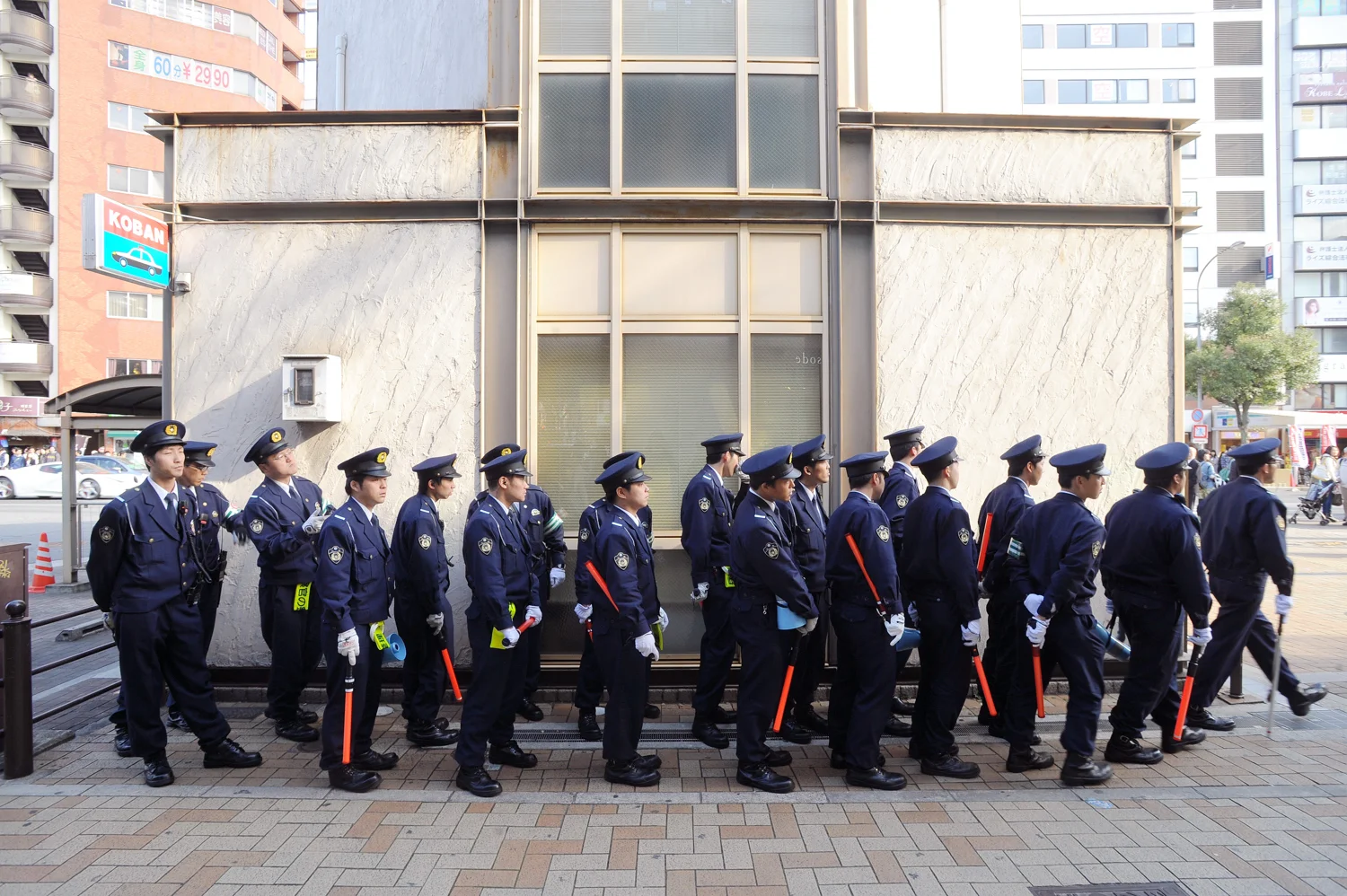




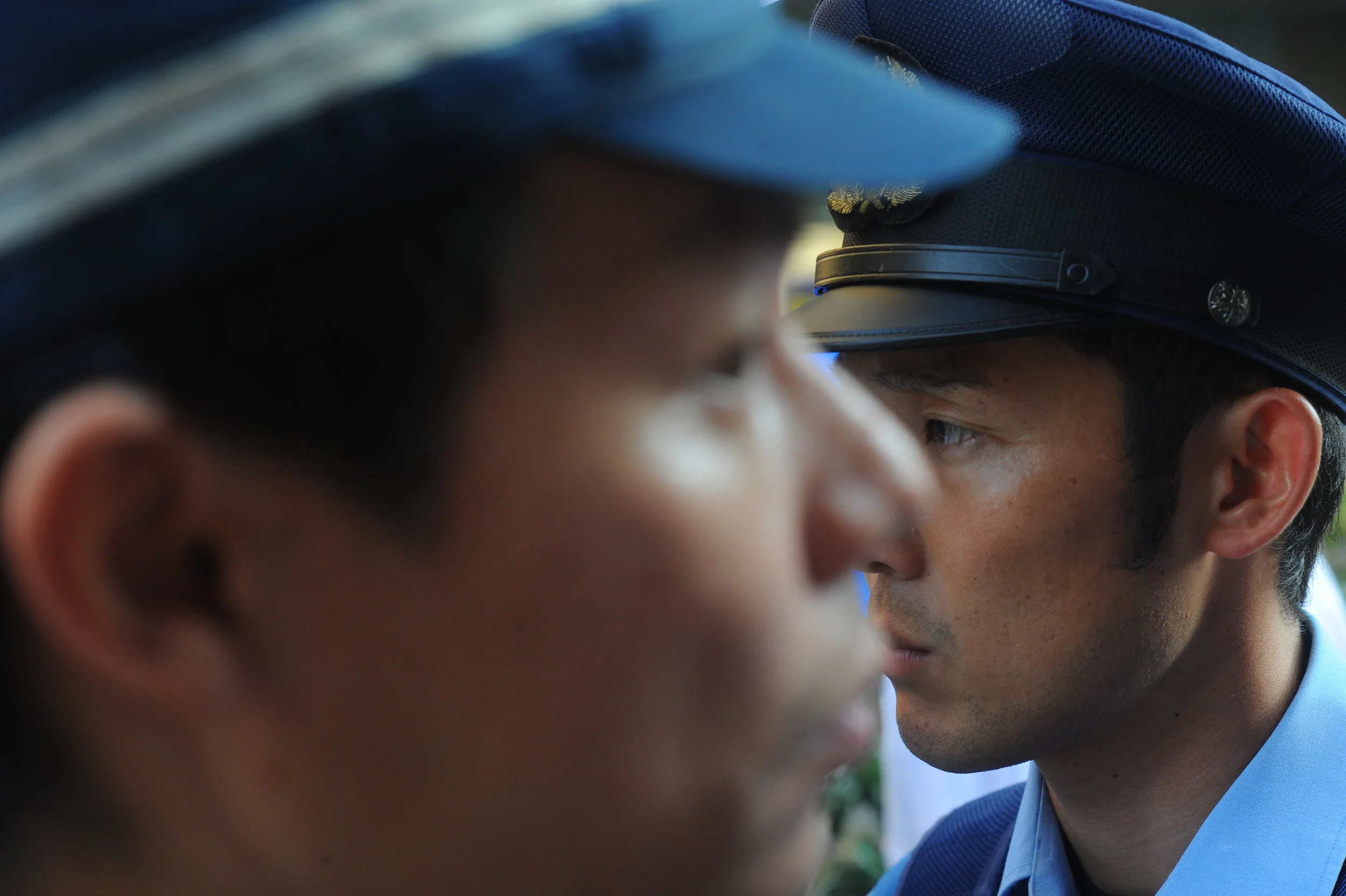
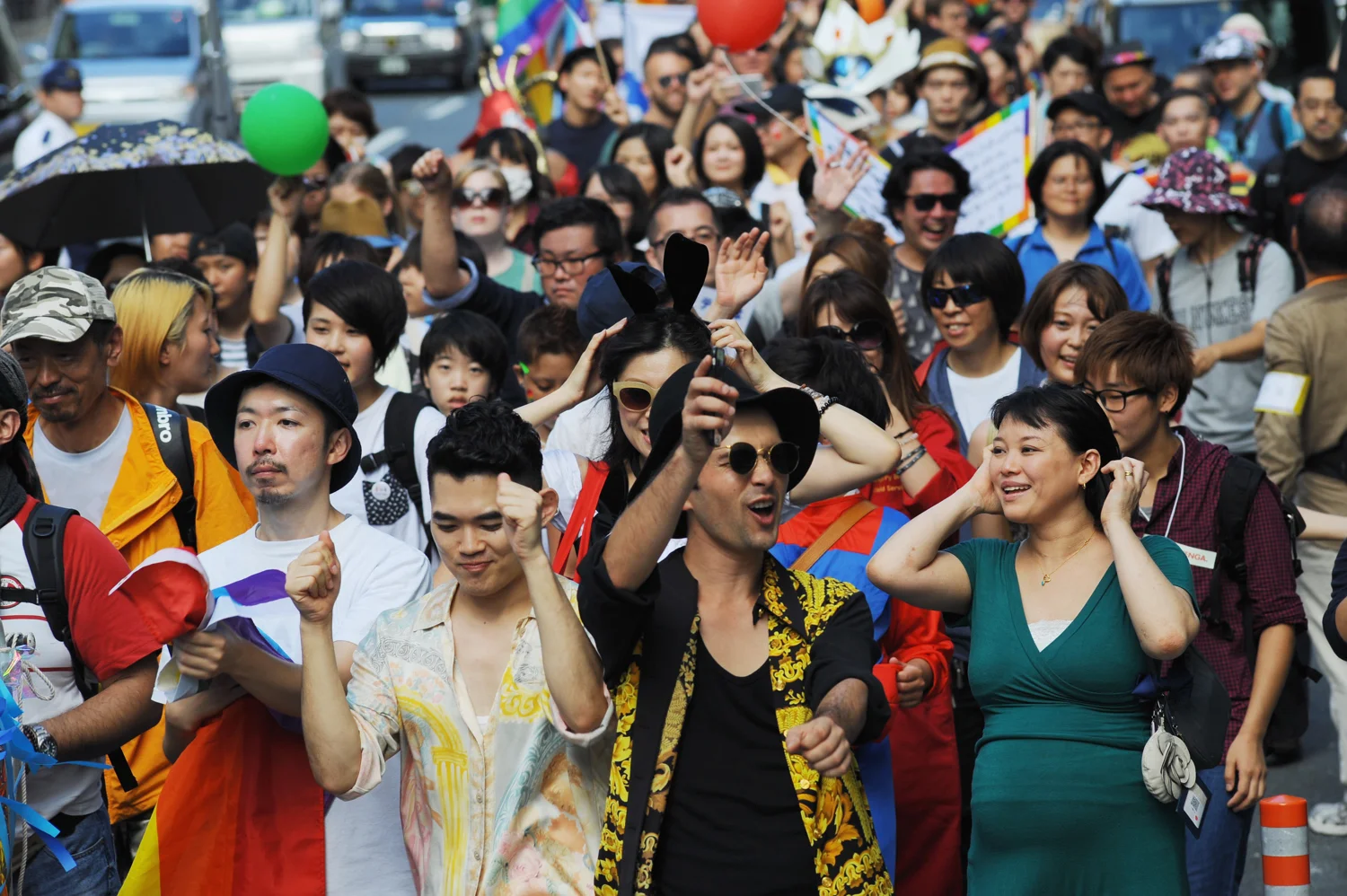
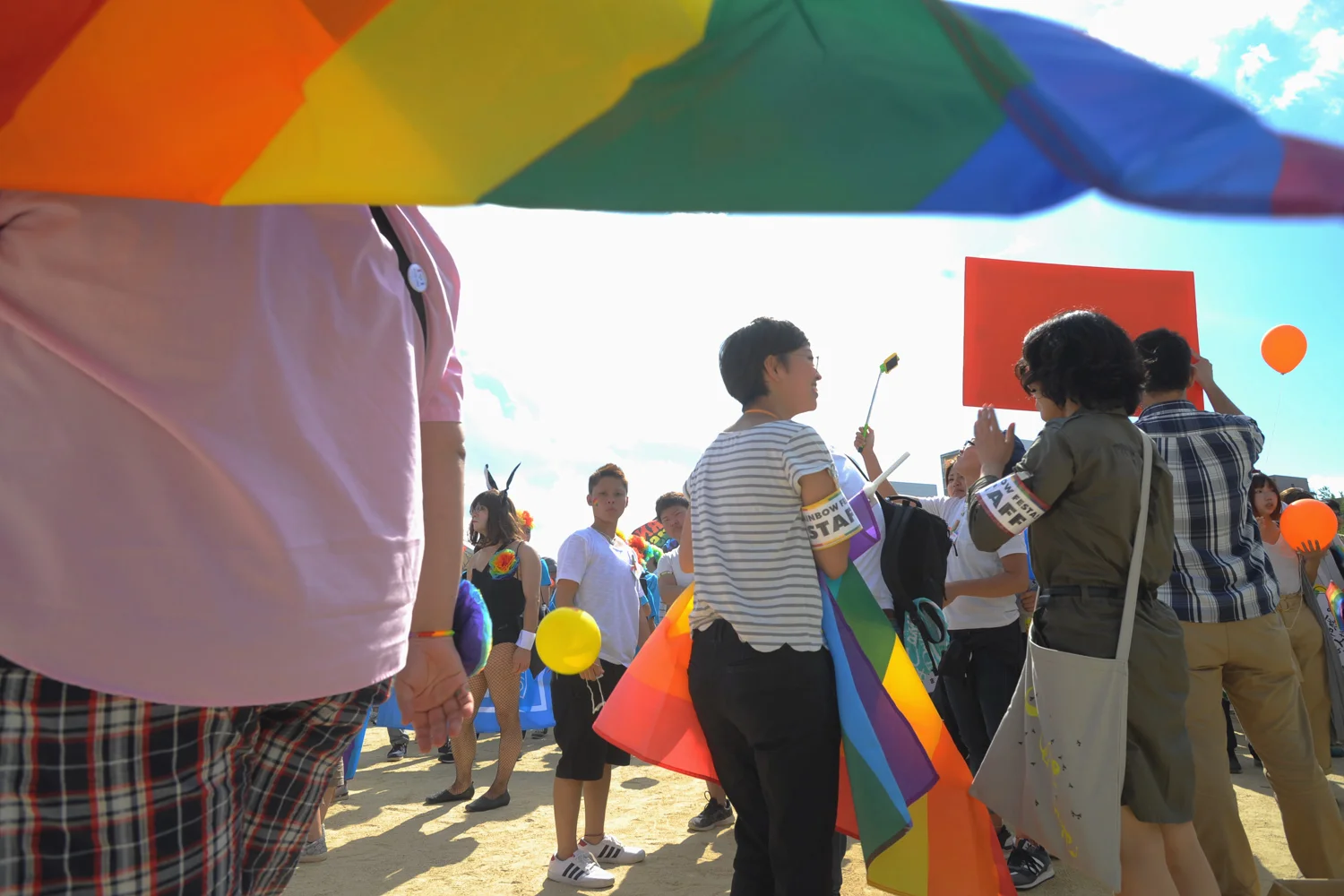
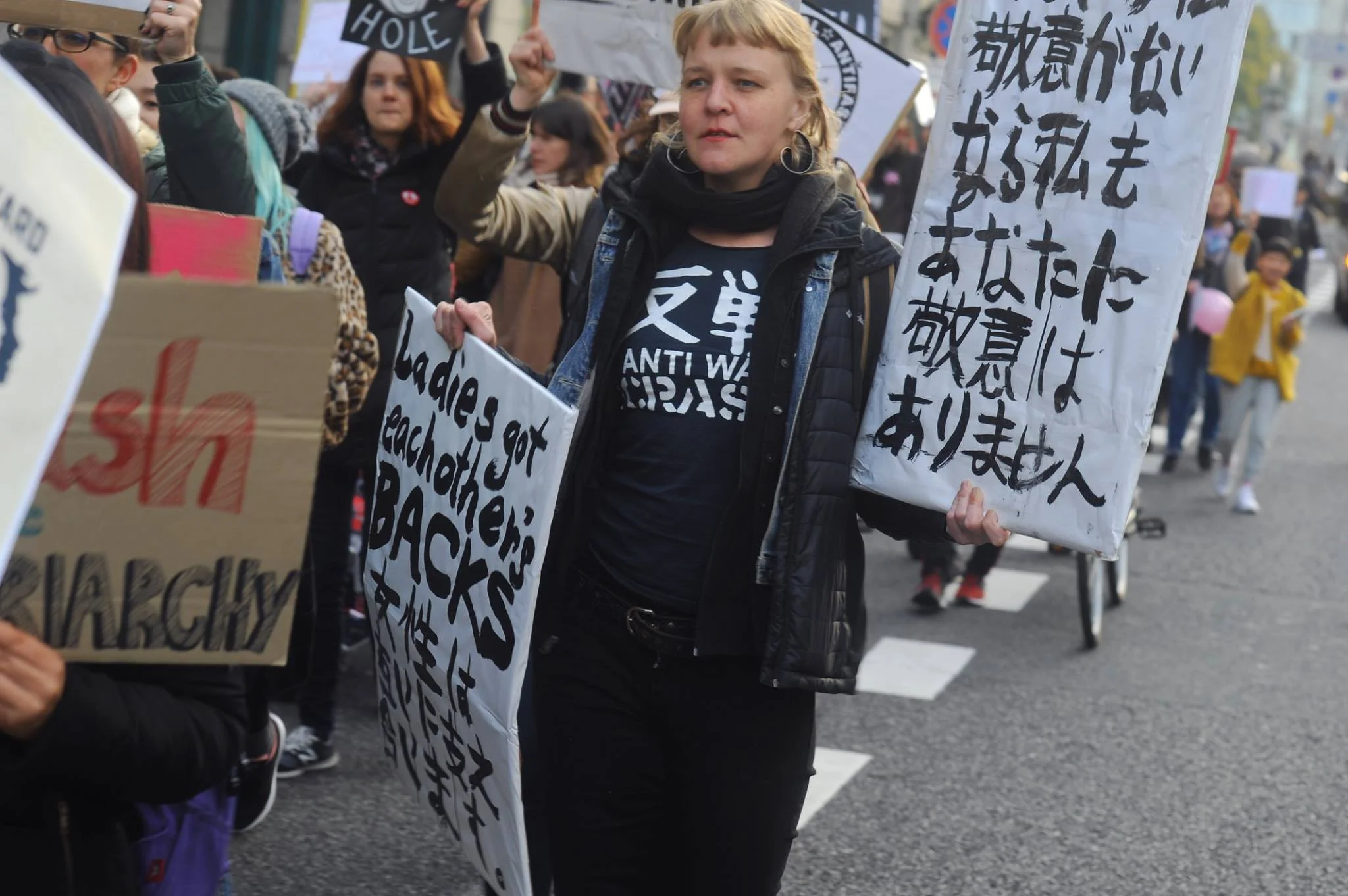
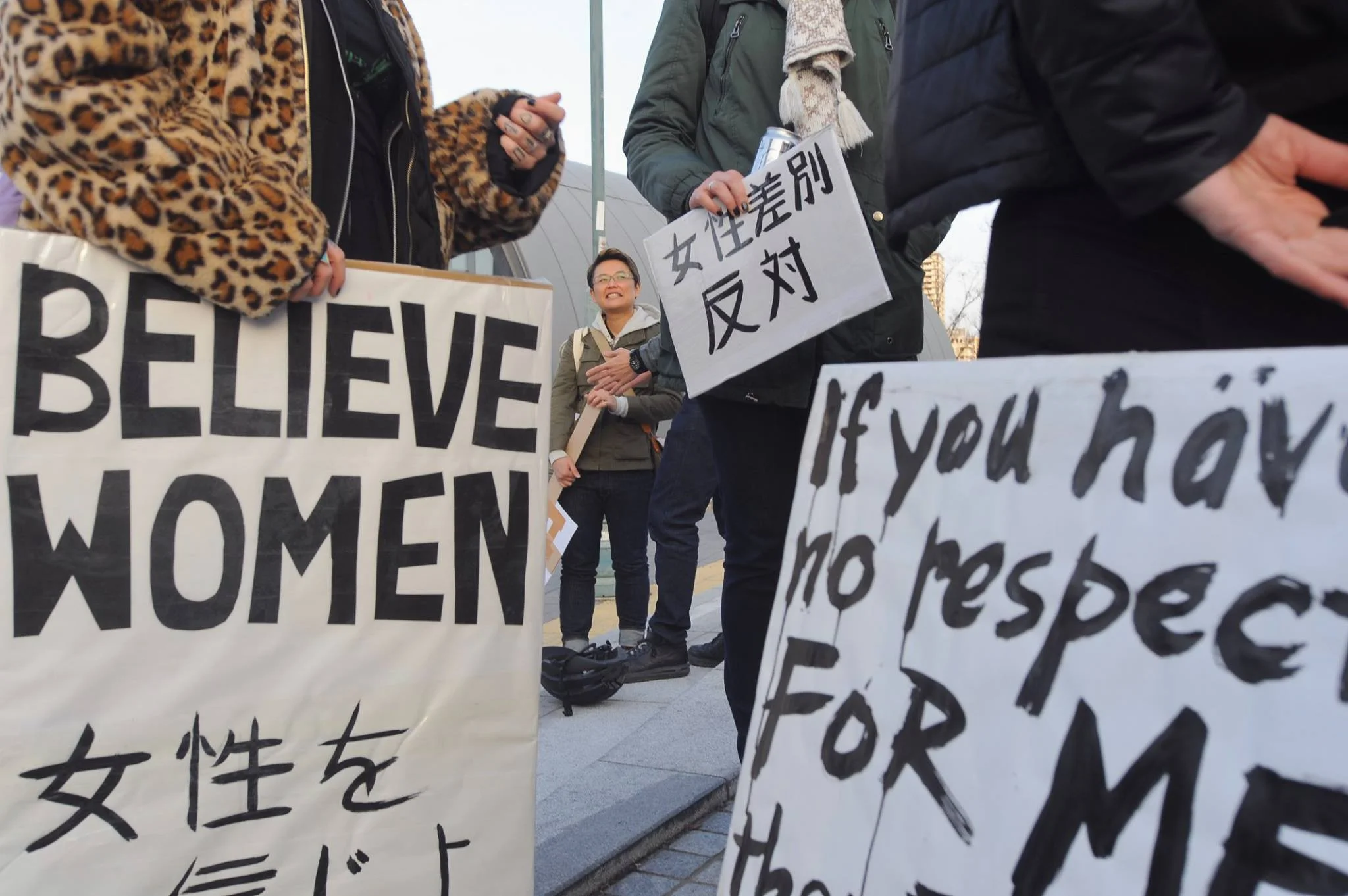
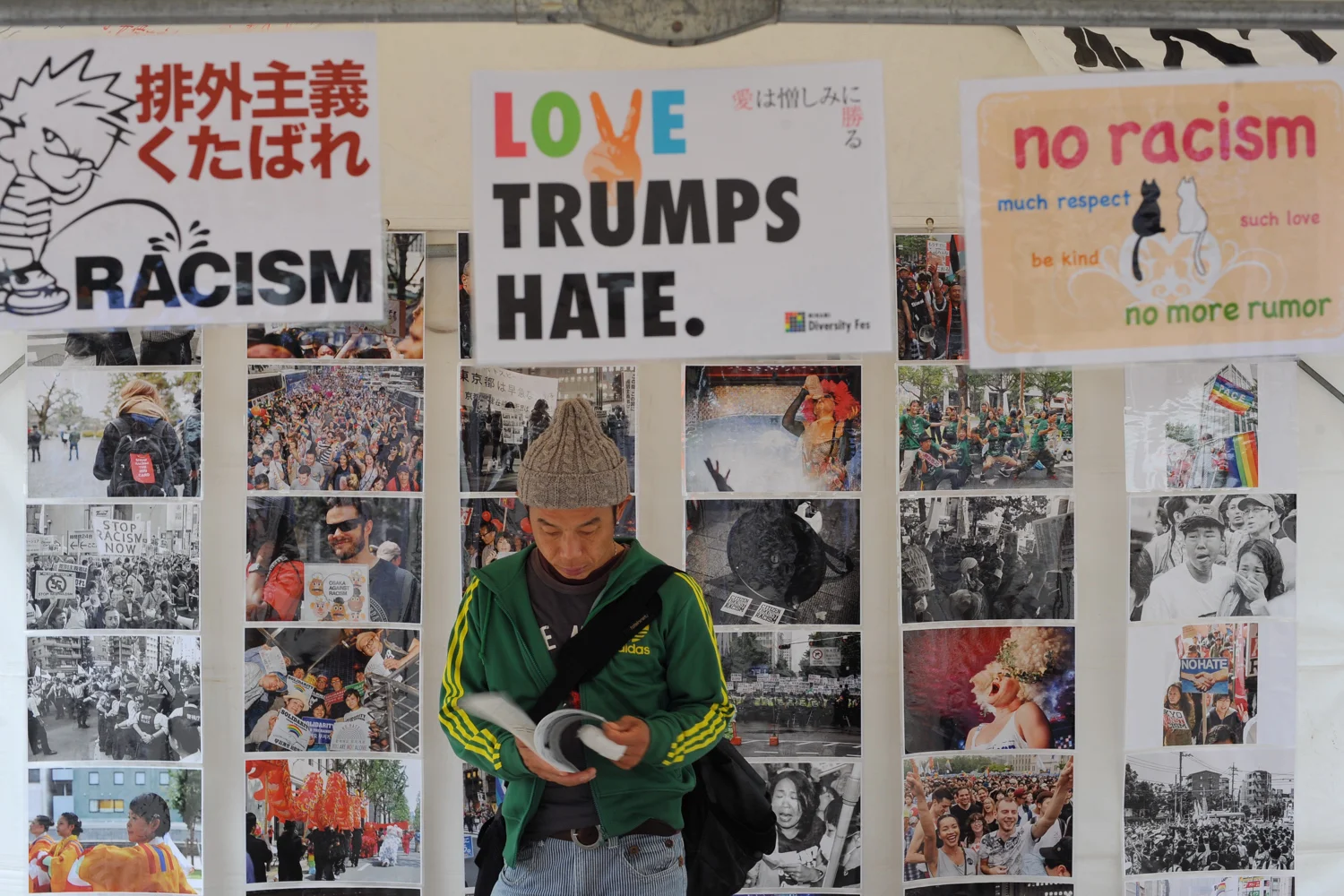
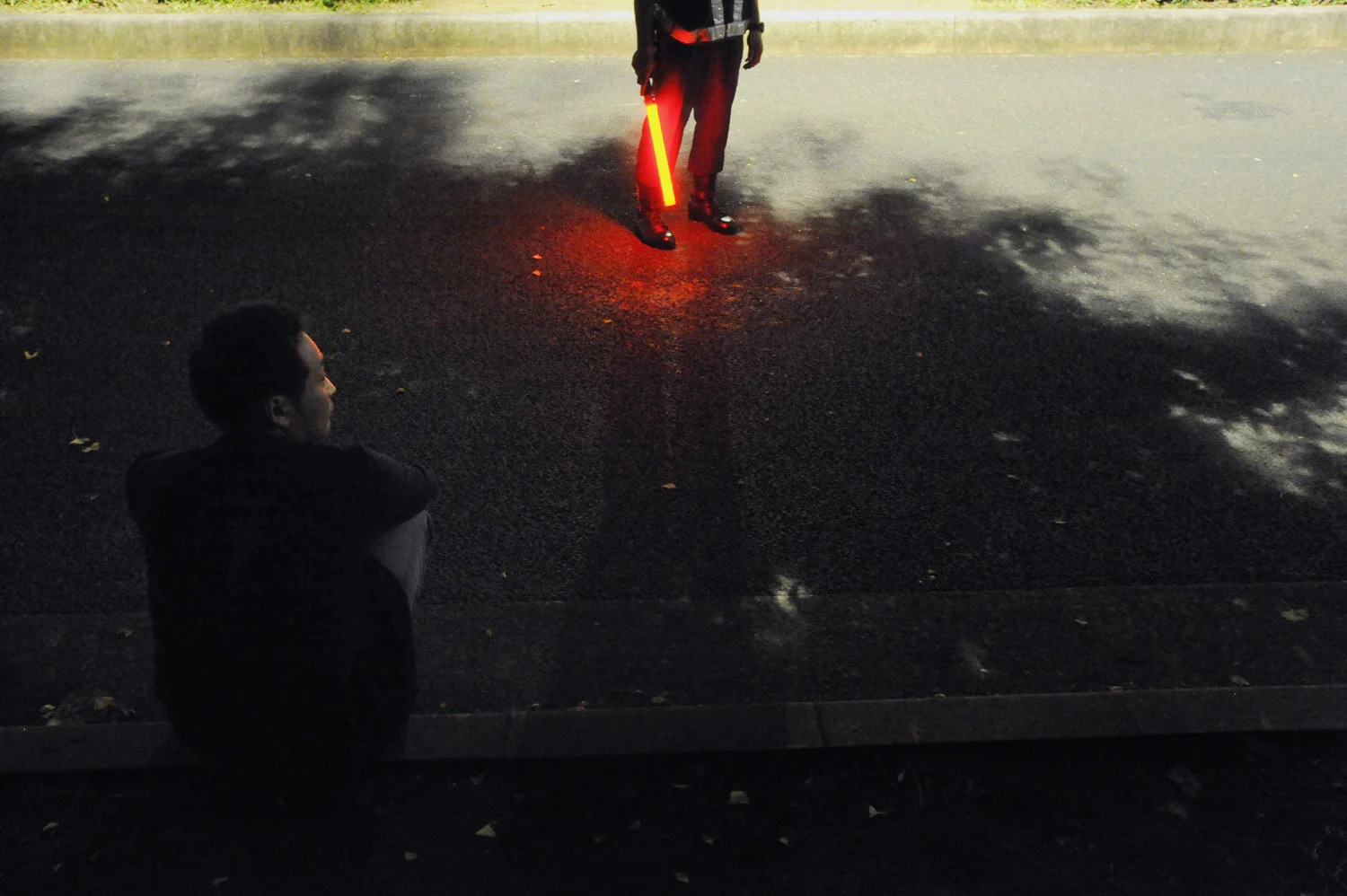
Loud Minority 2.0 - What a freak act of nature laid bare, for the second time in modern Japanese history.
In Japan, with its underlying assumption of homogeneity, conformity comes as a social norm, embodying the inherited sentiment of the Japanese public: Better bend than break. I may be committing a crime of generalization against my kind here, but Japanese people are known to be calm, civil, quiet, and reserved. As the famous quote from Mark Twain goes, “All generalizations are false, including this one”. We have been seeing something of a change in Japanese society of late, especially after the devastating Great East Japan Earthquake six years ago.
Following the quake, it became obvious to both internal and external eyes that Japan has been shifting further to the right regarding rhetoric on both domestic and regional fronts on the economy, foreign policy, and ethnic issues.
Some point out it’s a strikingly similar pattern to the process leading up to World War II after the Great Kanto Earthquake of 1923. They critically chronicle the road to August 6th and 9th in 1945 with a poignant reminder that the massive earthquake on September 1st, 1923, launched Japan on a self-destructive journey, similar to the current mood in Japan. In retrospect, political and social trends after the Great East Japan Earthquake prove that the claim is not far-fetched.
Pundits and average folks alike point out that the Japanese are out and about, voicing their concerns and demands to those in power, criticizing infringements on civil liberties, both in liberal-progressive and conservative circles, or wherever the individual may land on the spectrum. The earthquake awoke something of an underlying force that hasn’t been compatible with social norms in Japanese society, the notion that activism is somehow vulgar.
There are three significant aspects to this. First, a disturbing social acceptance of hate-speech toward the neighboring nations of The Korea and China (as well as the domestic population of descendants from those countries). Secondly, the controversial Security Bill blatantly defies the pacifist Article Nine of the Japanese Constitution. Finally, a growing counter movement to the two trends in synch with a celebration of diversity and social justice, including economic fairness, support for all minority rights, and gender equality on all terms.
The rise of hate speech punctuated daily news and social media as soon as a few hours after the initial reporting on the massive earthquake on March 11th, 2011. These hate crimes specifically targeted ethnic minorities of Chinese and Korean descent. History tells us that during the wake of the devastating Great Kanto Earthquake, Koreans in Tokyo were lynched and murdered in great numbers (some estimate thousands) due to unsubstantiated, ill-willed rumors that they threw poison into wells and were looting.
The same tactics were used in the days and weeks after 3.11, only in 2011 it was done through social media and spread like wildfire throughout Japan and even overseas. The resurgence and likelihood of such crimes in Japan in a post-earthquake era hold a sad historical lineage, and the movement certainly gained enough attention to give birth to new hate groups.
The controversial Security Bill is a signature piece of legislation penned by the Abe administration, which came to power nine months after the quake. With Abe’s Liberal Democratic Party winning a majority in both chambers of the Diet, legislation allowing the Self Defense Forces (SDF) to be deployed to war zones was introduced and passed, defying the world-renowned Article Nine. There were even legislative talks to make it mandatory for young adults, 18 and older, to enlist in the SDF. That brought normally politically indifferent high school and college-age students to the streets to protest, partially for the obvious reasons, but largely for how the ruling LDP and its political allies aggressively pushed through the legislation in the Diet. Even to those young eyes (many not old enough to vote), this political steamrolling televised nationally was not something they felt a true democratic process should look like.
Both of these hot issues have triggered a growing movement in Japan. As homogeneous as Japan is perceived to be from both outside and within, global trends have exposed a sizeable portion of this small island nation to embrace diversity and tolerance. Those who are socially and politically savvy and literate smelled the connotations of nationalism, isolationism, containment, xenophobia, and homophobia right off the bat. They kicked into high gear to organize counter movements.
Japan has operated under an underlying assumption that those in power would not do its citizens harm throughout the better part of the post-World War II era. The presence of a so-called silent majority was, literally and metaphorically, a muzzling force of social norms and a not always democratic (in the genuine sense of the word) decision-making process. “Well, that’s what the boss says,” kind of mentality, so to speak. Not anymore, it seems.
There are loud minorities. They are loudly expressing opposing views on almost everything. They do it even though they are numerically nowhere near as powerful a force as the silent majority. Are they loud because their messages are unheard? Are they minorities because their messages don’t resonate with the silent majority? In a system called democracy, you get your way when more than half is on your side. Watch out for the loud minorities.